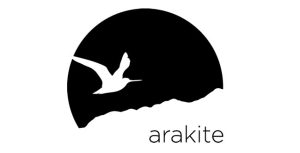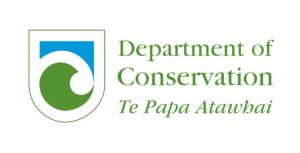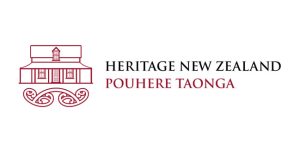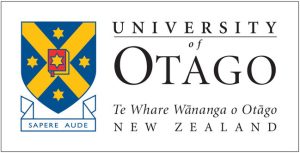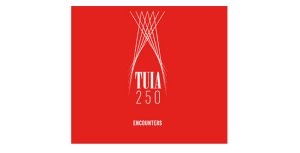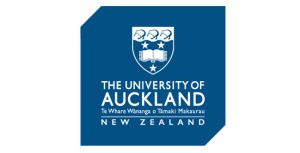Voyaging Wananga
Te Rawhiti Powhiri and Mangahawea Pou Ceremony
7th November 2019
Proceedings
Waitangi, Aotearoa New Zealand
23rd to the 25th of August 2019
The Maori had already lived in their country for half a millennium, and had discovered the islands some time before, when they first met, hosted, studied and worked with Europeans, who had just then arrived in the Bay of Islands. Two hundred years after that, at Waitangi, the Arakite Trust called the first formal conference integrating the disciplines of traditional, practical and academic knowledge of Maori voyaging. Under the mana of Matutaera Tenana Clendon, ONZM, with the financial support of Tuia – Encounters 250, and Manatū Taonga Ministry for Culture and Heritage, and with the collaboration of the University of Otago, a whare wānanga – a temporary university – was assembled: professors and artisans, tohunga kōkōrangi (astronomers and navigators) tohunga tārai waka (boatwrights and carvers), and even the modern tohunga tikanga tangata (anthropologists), traditional and academic historians, museum conservators, biologists, geneticists and even a geochemist gathered to share and appreciate one another’s learning concerning the Maori mastery of their Pacific world: hekenga, rerenga, whitianga. Here are recorded the proceedings of that wananga.
Te Rawhiti Marae Powhiri for Voyaging Waka
Footage of Powhiri at Te Rawhiti Marae welcoming the 3 Voyaging waka during the Tuia 250 Celebrations 7.11.2019
Final Panel Discussion and Conclusion
Saturday 24.08.19 Final Panel Discussion and Conclusion of the Voyaging Wananga at Waitangi August 2019
Papers and Presentations
Professor Manuka Henare and Dame Anne Salmond
Setting the Scene
Jack Thatcher
Becoming the Light: On the historical, technological, cultural continuity of Pacific voyaging
Prof Elizabeth (Lisa) Matisoo-Smith
What can DNA tell us about Pacific origins and the settlement of Aotearoa?
Dr Matiu Prebble
The Microscopic Ecology of Early Voyaging
The Arakite Charitable Trust was designed as an adaptable educational platform to identify problem areas in the broad concept of modern Maori education, to assess historical shortcomings and distractions, and to explore solutions, then to establish projects to work on those solutions.
Dr James Robinson
Mangahawea Bay Excavation
Ngati Kuta kaumātua Matutaera Clendon ONZM
Introductory Remarks
Dr John Booth
Voyaging within Aotearoa
Ockie Simmonds
Coming of Maori
James Eruera
Aspects of Tarai Waka
Graeme Collett et al.
Hawaiki revealed: Identification of Ancestral Homeland for an Early Polynesian Seafarer group to Southern New Zealand based on Petrology of their artefacts
Dr Madam Tin Cho Ma
Bringing Malay minorities into the fold: Adaptation and Survival
Dr. Wan Salleh Wan Ibrahim
The Malay-Polynesian Connections
Arahu Marsters, David Thomas and Ahmad Zainudin
Kupe: The Polynesian Explorer
Dilys Johns
Wet conservation and impact on archaelogical study of waka
Prof Richard Walter
Hawaiki: An Archaeological Perspective
Dr Alex Jorgensen
Ancient Voyages – Ahuahu, Great Mercury Island
Bill Edwards
Navigation: How humans see the world around us
Ral Makiha
Matariki, living by the seasons

